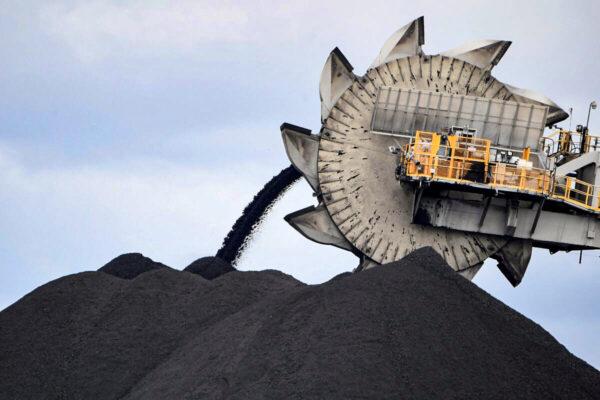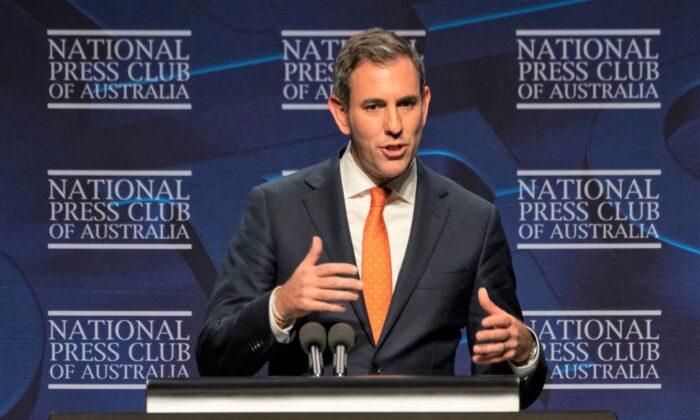As global economic forecasts heavily point towards pockets of recession, Australian Treasurer Jim Chalmers remains optimistic that Australia will evade a prolonged economic slump.
“We’ve got a lot of things going for us in Australia: low unemployment, the beginnings of some wages growth, good prices for what we sell to the world, but we won’t be completely immune from another global downturn.”
But he acknowledged that Australia will not be completely immune from the difficulties that other economics are experiencing.
“I’m optimistic, but I’m realistic as well,” he said.
Chalmers noted that recent reports from the International Monetary Fund (IMF) and World Bank indicated the global economy was in for some “very choppy water” in 2023.
“We won’t escape that completely, but we’ve got a lot of things going in our favour,” he said.

World Bank revised its global growth for 2023 from 3 to 1.7 percent in its latest Global Economic Prospects report.
Forecasts for advanced economies were revised down for 95 percent of advanced economies and nearly 70 percent of emerging and developing economies.
Growth in advanced economies is projected to fall from 2.5 percent in 2022 to 0.5 percent in 2023.
Inflationary Pressures and Natural Disasters on Economy
But the IMF has previously said it expects Australia to dodge a recession in 2023.In its October global economic growth outlook report, the agency said between slowing global growth and some resilient domestic buffers, Australia was on a “narrow path for a soft landing.”
But it warned that higher inflation and wage growth could prompt further interest rate rises.
“The decline in housing prices has the potential to accelerate, which can reduce household consumption, with some impact on banks’ balance sheets,” the IMF said.
Chalmers said the Treasury was closely monitoring how the interest rate hikes, which has increased from 0.1 to 3.1 percent in eight months, was impacting mortgage holders.
“We know that higher interest rates impact mortgage holders immediately, but flow through the economy with a bit of a lag, and so that’s one of the things that we’re monitoring,” he said.

In December, the Reserve Bank of Australia warned Australians that more potential rate hikes were on the table for 2023.
Board members noted there was a time lag between rate hikes and their impacts on economic activities, they said it was too early to pause the monetary tightening cycle.
The treasurer also highlighted how the costs of natural disasters impacted the economy.
It comes after Treasury estimated that the Australian economy lost $5 billion (US$3.5 billion), or 0.25 percent of real GDP, as a result of floods and other natural disasters in 2022.
This estimation does not include the full human costs, the damage to housing or transport infrastructure or the costs to the federal budget.
The National Emergency Management Agency revealed that 68 percent of Australians reside in a local government area that was issued a natural disaster declaration in 2022.
Cost of natural disasters is therefore expected to have similar influence on the economy as the Russia-Ukraine war and inflation.





